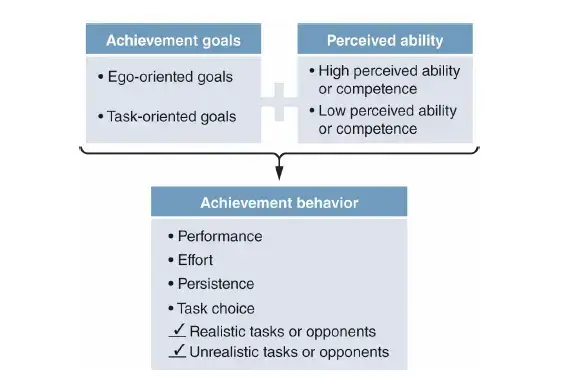Motivation and Competitiveness in Sports – Mind Games EURO 2024
Motivation and Competitiveness are fundamental aspects of human nature. As we witness the exhilarating matches of EURO 2024, it's clear that these elements drive athletes to perform at their best. The desire to achieve, to overcome obstacles, and to compete against others fuels the intense action we see on the field. Let's delve into the concepts of motivation and competitiveness and understand how they shape the journey of athletes. Concepts Motivation can be defined as the direction and intensity of one’s effort (Sage, 1977). To fully understand motivation, we must consider both the person and the situation and how they interact. Achievement Motivation refers to a person’s efforts to master a task, achieve excellence, overcome obstacles, perform better than others, and take pride in exercising talent. It is a person’s orientation to strive for task success, persist in the face of failure, and take pride in accomplishments (Gill, 2000). Competitiveness is defined as “a disposition to strive for satisfaction when making comparisons with some standard of excellence in the presence of evaluative others” (Martens, 1976). Martens views competitiveness as achievement behavior in a competitive context, with social evaluation as a key component. It is crucial to recognize that some individuals are highly oriented toward achievement in one setting (e.g., competitive sport) but not in others (e.g., academics). Achievement motivation and competitiveness are not solely about the final outcome or the pursuit of excellence but also about the psychological journey. It´s important to understand that motivational differences influence behaviors, thoughts, and feelings, including: • Choice of activity: Do you seek out opponents of equal ability to compete against or look for players of greater or lesser ability to play with? • Effort to pursue goals: How often do you practice? • Intensity of effort: How consistently hard do you try during a workout? • Persistence in the face of failure and adversity: When things get tough, do you work harder or take it easier? Achievement Goal Theory (Roberts, 2012; Dweck, 1986) According to the achievement goal theory, one is motivated by one’s “interpretation” of what it takes to achieve success. Achievement goal theory contends that a person’s achievement goals and her perceived ability interact to determine her motivation:

Success may be achieved by beating others in competition, or success may be achieved by learning or mastering a task. Achievement orientation: Ego orientation - focused on beating or surpassing the performance of others Task orientation – focused on learning or mastering a task (self-improvement) An ego goal orientation focuses on comparing performance with and defeating others, whereas a task goal orientation focuses on comparing performance with personal standards and personal improvement. It is best to adopt a task orientation, which emphasizes comparisons with your own performance standards rather than with the performances of others, especially if one is learning a set of important skills. Practical Tips Forward Facing • Task oriented (What´s next?) • Task by task (What am I going to do now?) • Step by step (Visualize and plan the process) Real Time Event Cristiano Ronaldo devastated after missing a penalty Even the best athletes face moments of frustration and disappointment. Cristiano Ronaldo recently experienced this after missing a penalty. His tolerance to frustration and ability to bounce back highlight the importance of resilience in maintaining motivation and competitiveness. Conclusion Football players are human, and they have imperfections and problems. Recognizing this helps us appreciate the mental and emotional strength required to perform at the highest levels. Their journeys of motivation and competitiveness inspire us to pursue our own goals with determination and resilience. Weekly Challenge This week, try to implement one of these strategies in your own life: • Set a task-oriented goal and break it down into smaller steps. • Practice self-talk and remind yourself of your abilities. • Seek out a challenging activity and focus on your effort and improvement. Share your experience and how it helped you stay motivated in the comments section below. Let’s enjoy this journey together! 🌍⚽



